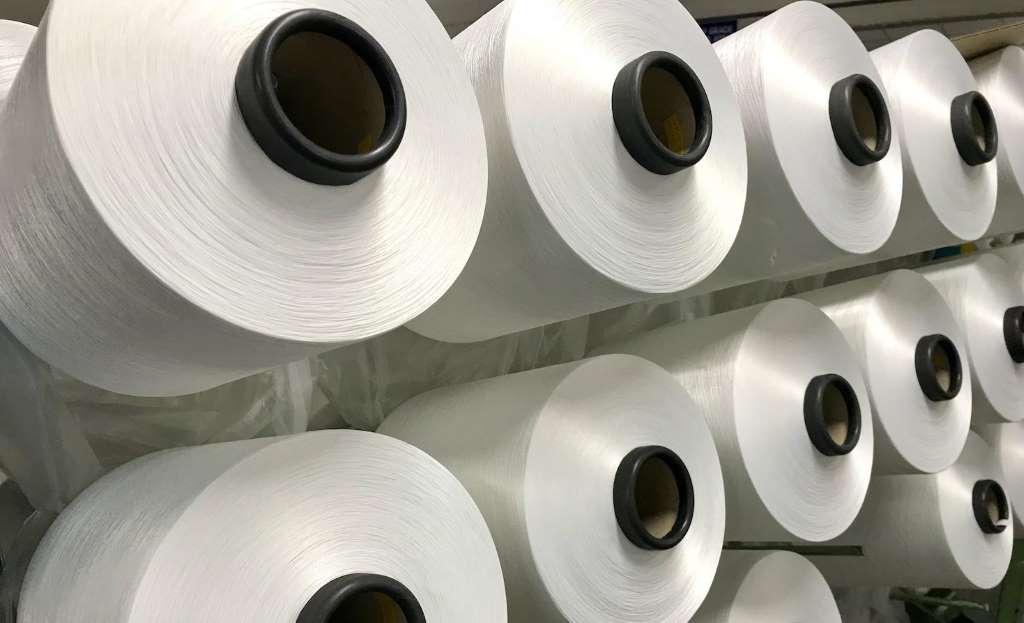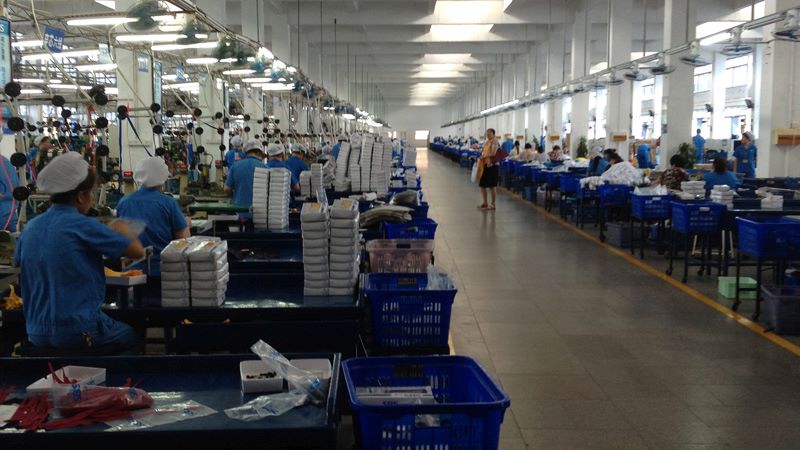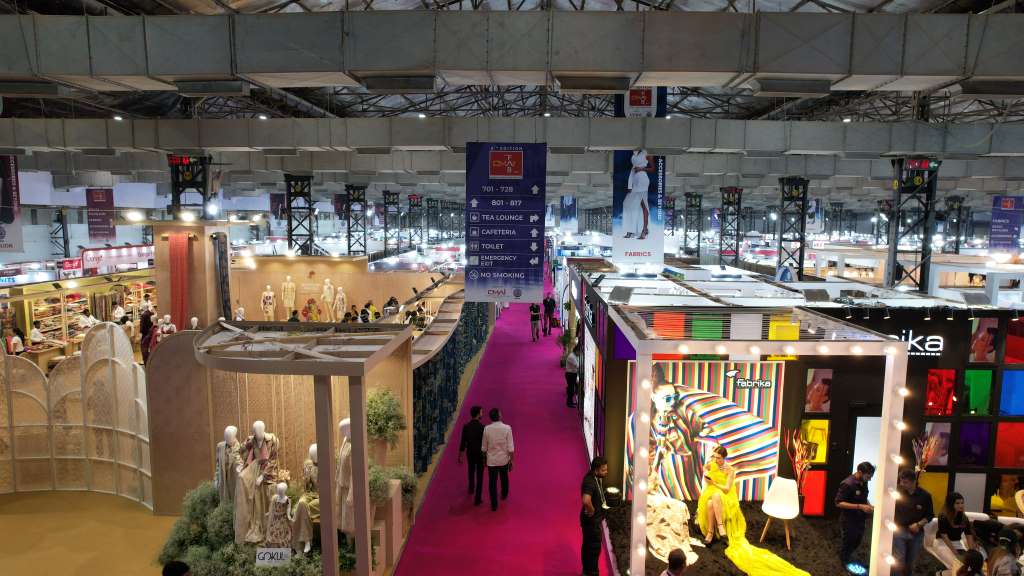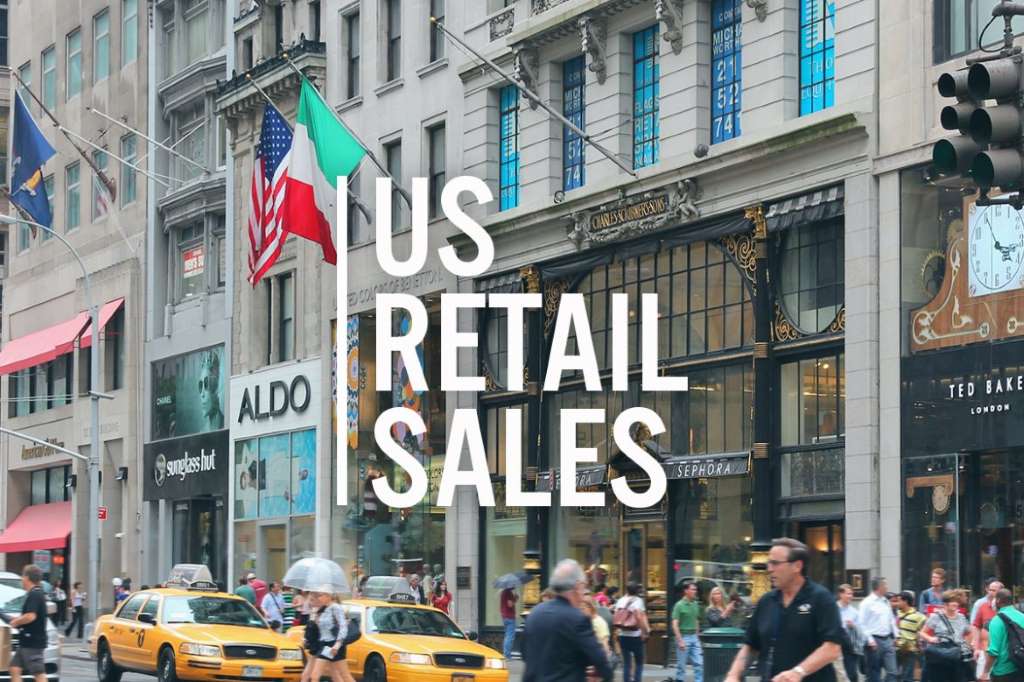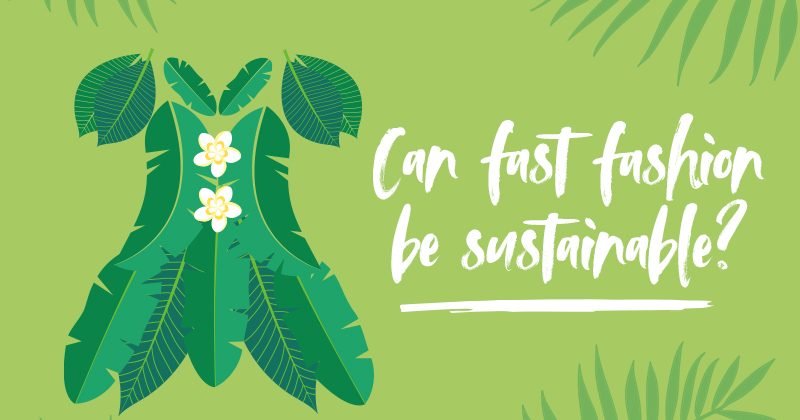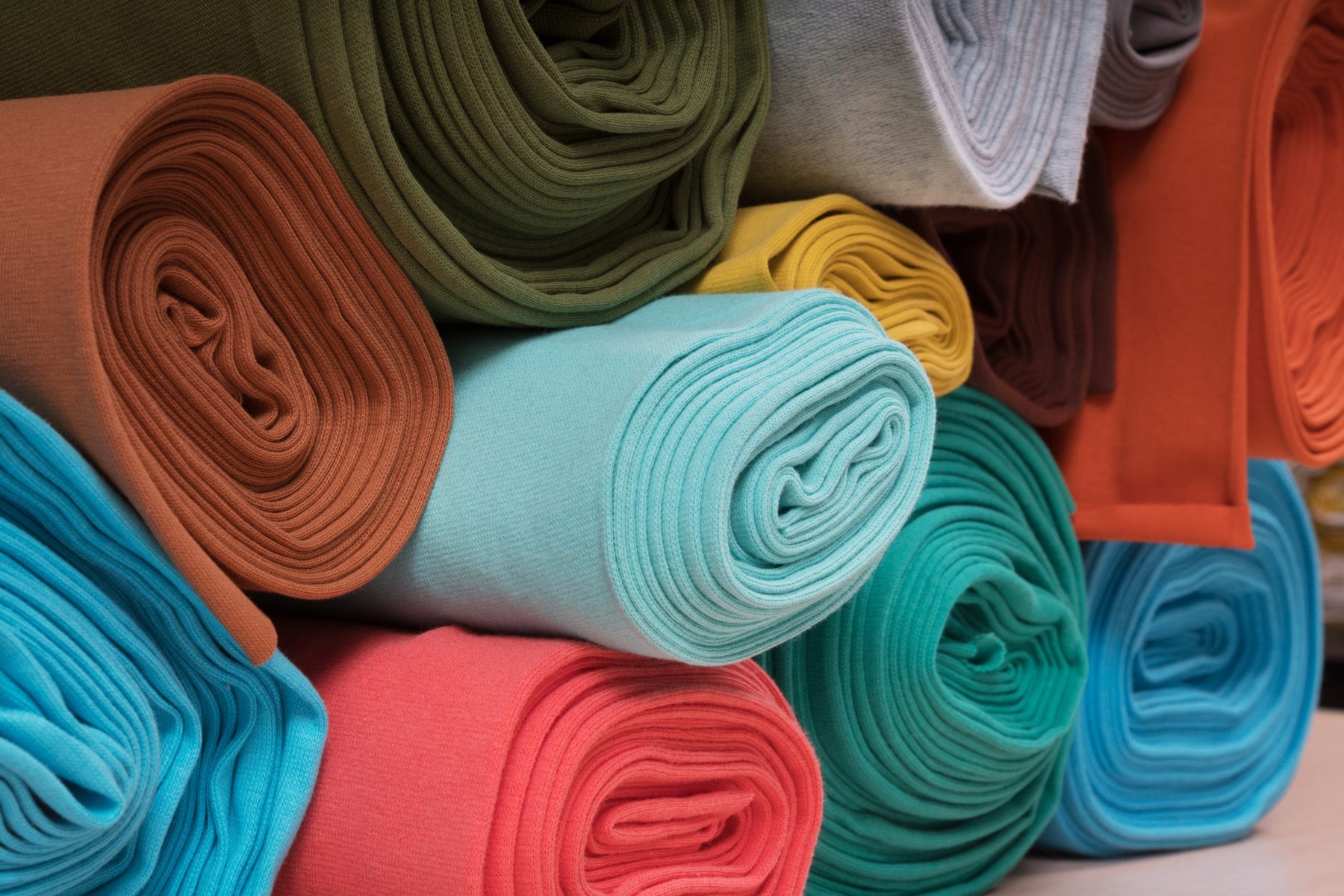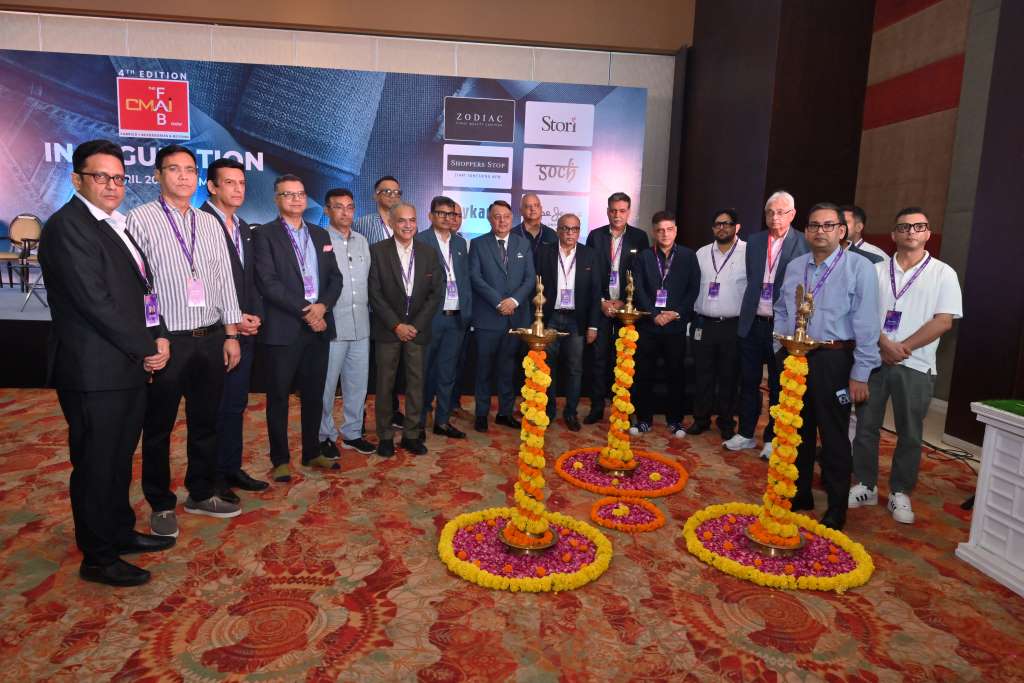"Euratex General Assembly conference on Circular Economy in textile & apparel manufacturing held on June 8 was attended by about 100 delegates. Four committed companies and Grzegorz Radziejewski from the cabinet of the Commission Vice President Katainen discussed the opportunities and challenges confronting the sector. Drawing conclusions, Euratex called for collaboration to prosper and showcase art in the circular economy."
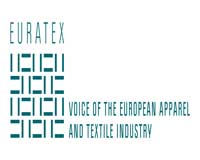
Euratex General Assembly conference on Circular Economy in textile & apparel manufacturing held on June 8 was attended by about 100 delegates. Four committed companies and Grzegorz Radziejewski from the cabinet of the Commission Vice President Katainen discussed the opportunities and challenges confronting the sector. Drawing conclusions, Euratex called for collaboration to prosper and showcase art in the circular economy. Klaus Huneke, President, Euratex, emphasised on three main areas the textile & clothing sector should focus on: importance of free and fair trade between key global trading partners; sustainability, as value for the society; and ‘new quality’ for many companies, which place it at the core of the business’ strategy, investments and a key factor for competitiveness; and the need to intensify market-driven applied research to defend Europe’s position as an innovation leader in the global marketplace and help the RegioTex Initiative should play at regional level.
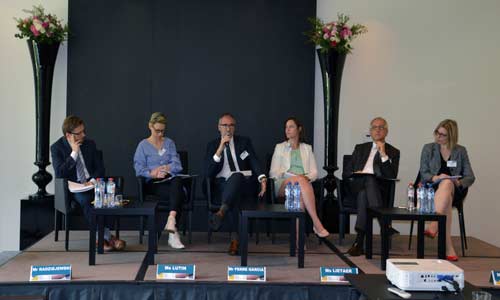
Huneke said sustainability is one of the biggest change in our society and, just like digital revolution, it has the biggest potential to positively impact our society. Moving from a linear to a circular model, may change the way in which people use things, industries produce, the society uses its limited resources and dispose of waste, if any of it is left.
The need for circular economy
Radziejewski highlighted the growing number of people and organisations interested and committed in the circular economy and real benefit of it for resource saving, societal gains such as new jobs creation or increase in disposable, income, environmental footprint among others. He stressed on the benefit from enormous potential of circular economy, we need to change people’s, business and consumers’ mindset, which is the hardest challenge to tackle. He also underlined two essential financing elements to reach circularity goals to engage private capital and to count on business engagement.
For Radziejewski, investment in innovation – in broader sense, not just technological, which includes new business models and processes – and collaboration are key to prosper and gain competitiveness through circular economy in the European Union. He indicated possible ways to finance circular projects. Among others, the ‘Horizon 2020’ program, whose budget for the circular economy has been raised from €600 million to €800 million for 2018-20 period and structural funds with €5.5 billion in 2014-20 period or through the investment plan which aims at mobilising private capital.
Suggested initiatives
To improve existing efforts on circularity in the textile and apparel supply chain two needs emerged from the companies’ views: a clear definition of what recycling really is to protect consumers from false claims; and better visibility for SMEs capacities to create awareness and trigger new partnerships. Drawing conclusions, Mauro Scalia, Head-Sustainable Businesses, Euratex, introduced the industry’s policy brief and upcoming line of action of Euratex with its members, based on three ideas: gather online successful business cases from 100 companies, especially SMEs, to learn about capacities, challenges and to support new partnerships; joining the relevant platforms launched by EU institutions, business and society organisations to contribute by sharing information and technical inputs; and stock taking of results and new actions planning in a public event within one year, by June 2018.
Euratex will work with policy makers and help in designing measures which fit, removing barriers, incentivising demand for circular economy and drive the transition through innovation and investment. Euratex will also work with any other business and society organisation to build on common interests and let the transition happen.

